The parasite—which lacks mitochondria, and the genes and proteins needed for breathing—yet again expands our horizons for the possibilities of life on Earth.
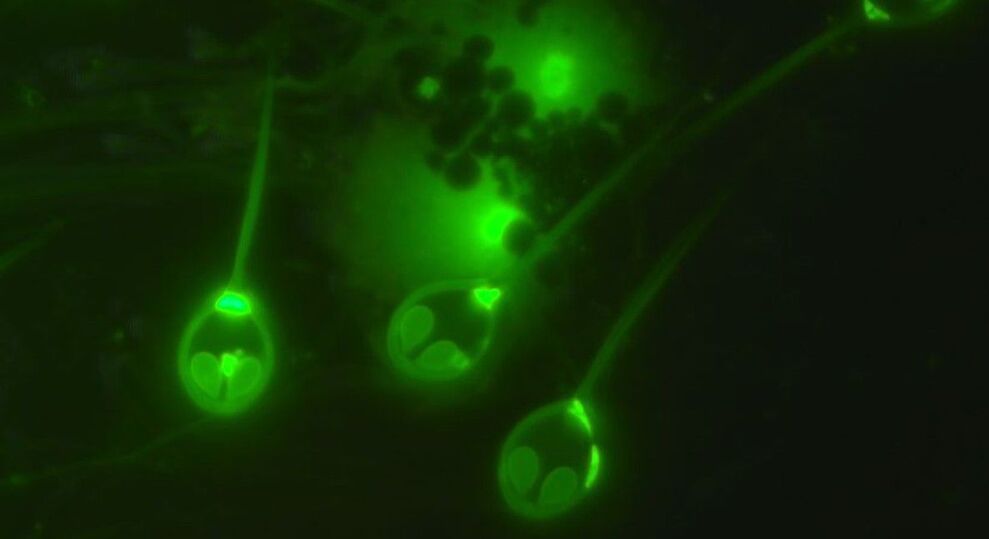

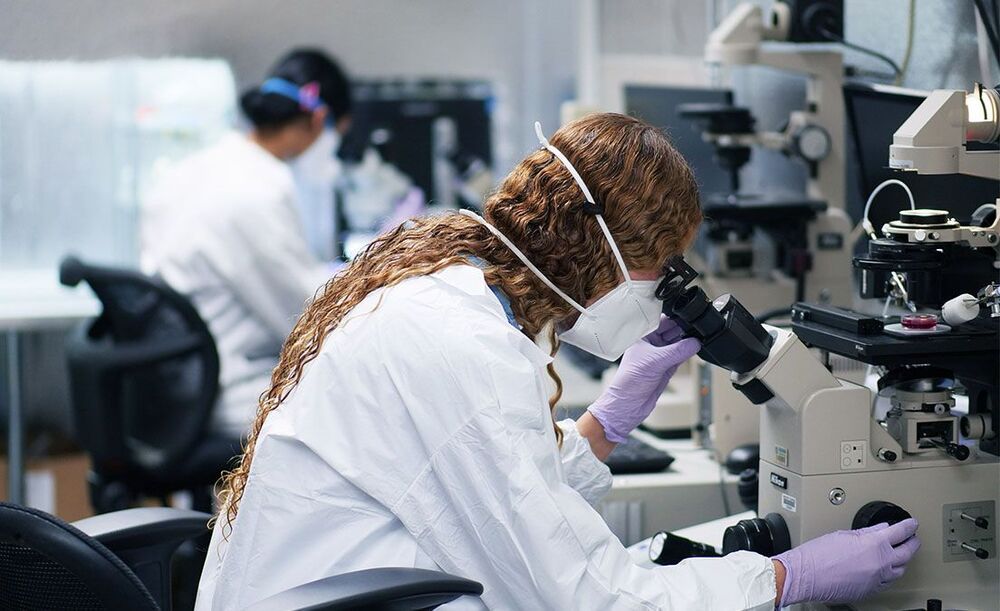
Longevity biotech firm BioAge Labs is readying itself for clinical trials after raising a whopping $90 million Series C funding round. The company revealed it will be moving its lead platform-derived therapies, BGE-117 and BGE-175, into Phase 2 clinical trials in the first half of 2021.
Longevity. Technology: As the developer of an AI platform that maps the molecular pathways impacting human Longevity, we’ve followed developments at BioAge with great interest. With two compounds ready to enter the clinic next year, and more on the way, this company is fast-becoming one of Longevity’s most exciting prospects.
The new funds will be used to develop BioAge’s portfolio of therapies for increasing healthspan and lifespan, as well as to augment its AI platform, and further expand its capabilities to test drug candidates in predictive models of human diseases of aging.

The CDC issued a level four warning last month, it’s most severe, advising against all travel to Mexico.
However, those who choose to travel to Mexico should get a COVID-19 test between three and five days after they return. They should also quarantine at home for seven days.
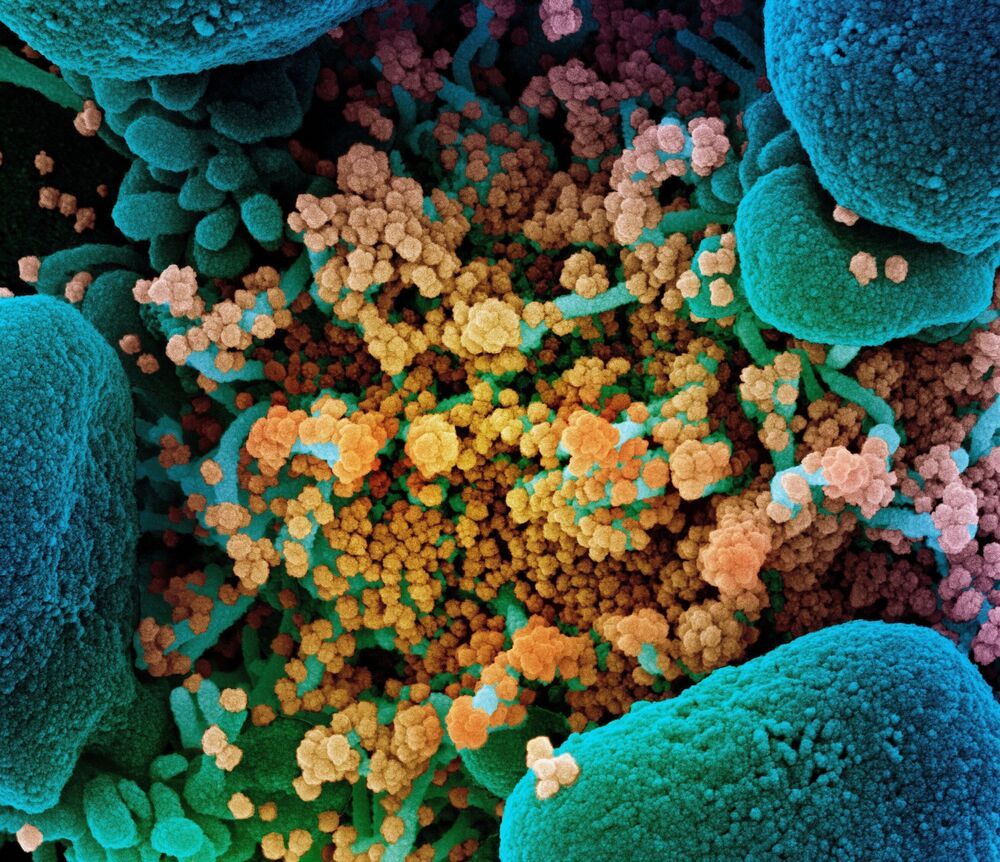
Sounds important.
Treatment of SARS-CoV-2 infection with a new antiviral drug, MK-4482/EIDD-2801 or Molnupiravir, completely suppresses virus transmission within 24 hours, researchers in the Institute for Biomedical Sciences at Georgia State University have discovered.
The group led by Dr. Richard Plemper, Distinguished University Professor at Georgia State, originally discovered that the drug is potent against influenza viruses.
“This is the first demonstration of an orally available drug to rapidly block SARS-CoV-2 transmission,” said Plemper. “MK-4482/EIDD-2801 could be game-changing.”
After controlling for various factors — such as participants’ age, sex, smoking status and activity level — the researchers found that taking glucosamine/chondroitin every day for a year or longer was associated with a 39 percent reduction in all-cause mortality.
It was also linked to a 65 percent reduction in cardiovascular-related deaths. That’s a category that includes deaths from stroke, coronary artery disease and heart disease, the United States’ biggest killer.” “He explains that because this is an epidemiological study — rather than a clinical trial — it doesn’t offer definitive proof that glucosamine/chondroitin makes death less likely. But he does call the results “encouraging.””.
Glucosamine supplements may reduce overall mortality about as well as regular exercise does, according to a new epidemiological study from West Virginia University.
“Does this mean that if you get off work at five o’clock one day, you should just skip the gym, take a glucosamine pill and go home instead?” said Dana King, professor and chair of the Department of Family Medicine, who led the study. “That’s not what we suggest. Keep exercising, but the thought that taking a pill would also be beneficial is intriguing.”
He and his research partner, Jun Xiang — a WVU health data analyst — assessed data from 16,686 adults who completed the National Health and Nutrition Examination Survey from 1999 to 2010. All of the participants were at least 40 years old. King and Xiang merged these data with 2015 mortality figures.
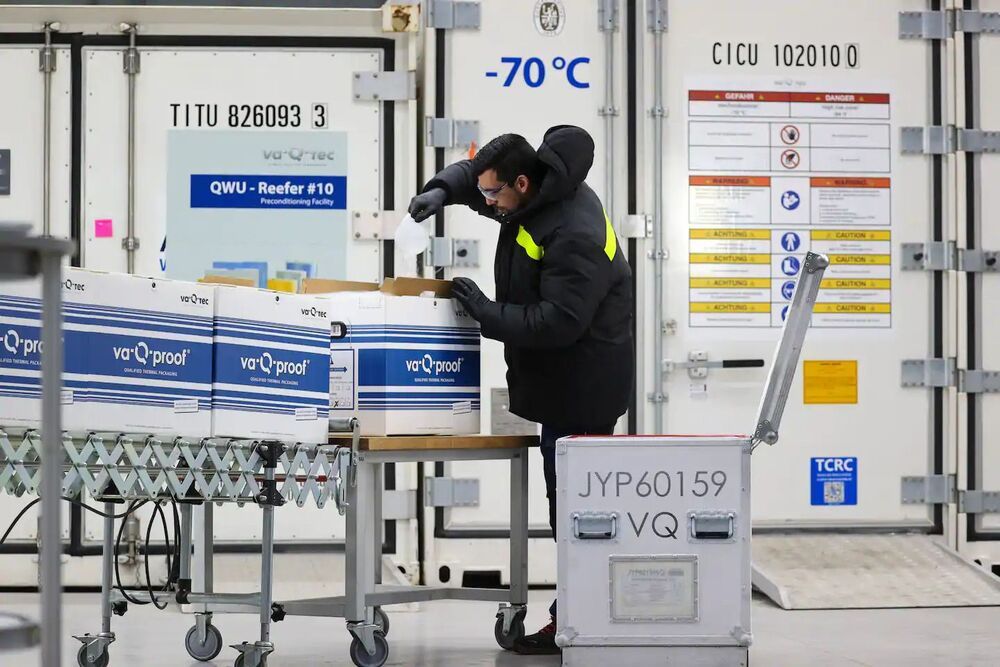
Lockdown — seen from space.
Almost as soon as the coronavirus pandemic began, experts started noticing that the global lockdown appeared to be resulting in a sharp drop in worldwide carbon emissions.
The idea generated both memes about humanity’s destruction of the planet and well-intentioned visions of a greener future. Now, NASA scientists have found that overall the lockdown has resulted in a 20 percent global reduction in nitrogen dioxide emissions since February, according to a press release – a shift that left them shocked.
A new type of energy-generating synthetic skin could create more affordable prosthetic limbs and robots capable of mimicking the sense of touch, scientists say.
In an early-view paper published in the journal IEEE Transactions on Robotics, researchers from the University of Glasgow describe how a robotic hand wrapped in their flexible solar skin is capable of interacting with objects without using dedicated and expensive touch sensors.
Instead, the skin puts the array of miniaturized solar cells integrated on its soft polymer surface to a clever dual use. The cells generate enough energy to power the micro-actuators which control the hand’s movements, but they also provide the hand with its unique sense of ‘touch’ by measuring the variations in the solar cells’ output.
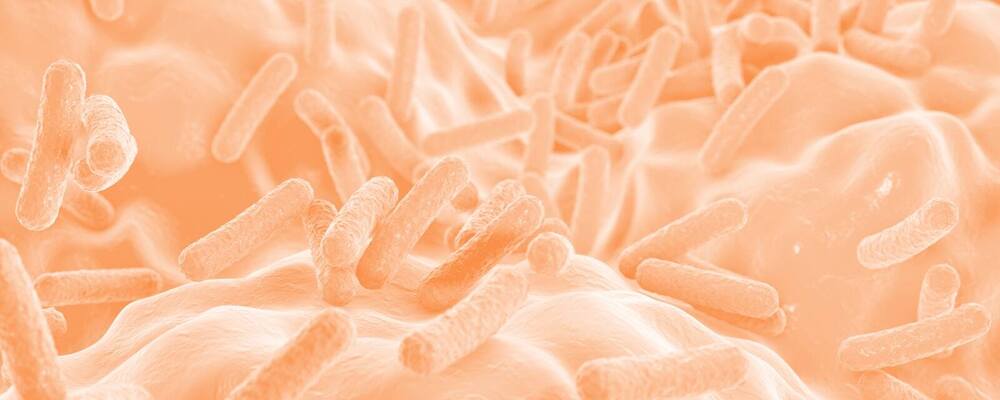
Andrea Macdonald founder of ideaXme interviews Commissioner Virginijus Sinkevičius, European Commissioner for the Environment, Oceans and Fisheries.
The EU Commission @European Commission.
The Commission helps to shape the EU’s overall strategy, proposes new EU laws and policies, monitors their implementation and manages the EU budget. It also plays a significant role in supporting international development and delivering aid.
Following the result of the European elections, and the mandate received from the European Council and the European Parliament, the Dr Ursula von der Leyen Commission put forward a set of ambitious goals for Europe’s future: climate neutrality by 2050; making the 2020s Europe’s Digital Decade; and making Europe stronger in the world with a more geopolitical approach.
Since the Covid-19 crisis, the twin green and digital transitions are now even more firmly at the core of their programme, with new resources to accelerate the transformation.
Commissioner Virginijus Sinkevičius: